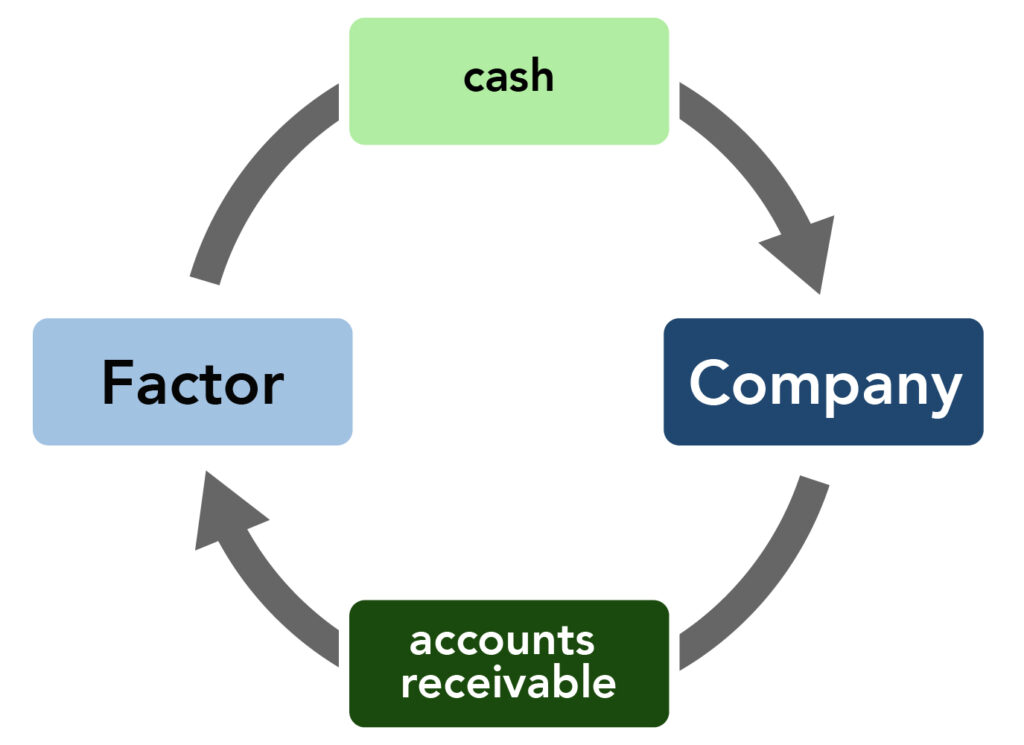electric toothbrush advantages and disadvantages
Introduction:
Maintaining oral hygiene is essential for overall health and well-being. Brushing teeth is a daily routine for many people, and the advent of electric toothbrushes has made it even easier to clean teeth. An electric toothbrush is a device that uses electric power to move the brush head and clean teeth. In this article, we will discuss the advantages and disadvantages of using electric toothbrushes.
Advantages of Manual Toothbrushes:
- They are widely available, inexpensive, and easy to use.
- They are portable and can be used anywhere, without the need for a power source or charging.
- They come in a variety of shapes, sizes, and bristle types, so you can choose the one that best suits your needs.
- They are simple to maintain and do not require any additional accessories or replacement parts.
Disadvantages of Manual Toothbrushes:
- They can be less effective at removing plaque and debris between teeth and along the gum line.
- They do not have built-in timers or pressure sensors, so it can be easy to under or over brush.
- They can require more physical effort, which may be challenging for people with limited mobility or dexterity.
- They can wear out more quickly than electric toothbrushes, requiring more frequent replacement.
Ultimately, the choice between an electric toothbrush and a manual toothbrush comes down to personal preference, budget, and oral health needs. It’s important to brush twice a day for two minutes each time, regardless of which type of toothbrush you choose. Additionally, it’s always a good idea to consult with your dentist or dental hygienist to determine which type of toothbrush is best for your individual needs.

Advantages of Electric Toothbrushes:
Efficient Cleaning:
Electric toothbrushes are more efficient in cleaning teeth than manual toothbrushes. They have oscillating or rotating brush heads that can remove plaque and tartar more effectively than a regular toothbrush. They are also better at cleaning hard-to-reach areas, such as the back of the mouth.
Easy to Use:
Electric toothbrushes are easy to use, especially for people with arthritis or other conditions that affect hand movements. They require less effort than manual toothbrushes and can be operated with one hand.
Timer:
Most electric toothbrushes have a timer that helps users to brush for the recommended two minutes. Some models also have a quadrant timer that reminds users to brush each section of their mouth for 30 seconds.
Fun for Kids:
Electric toothbrushes can make brushing teeth fun for kids. Some models come with different designs, colors, and characters that attract children’s attention and encourage them to brush their teeth regularly.
Better for Gum Health:
Electric toothbrushes are better for gum health than manual toothbrushes. They can stimulate blood flow in the gums and reduce the risk of gum disease.
Disadvantages of Electric Toothbrushes:
Cost:
Electric toothbrushes are more expensive than manual toothbrushes. Some models can cost hundreds of dollars, and the brush heads need to be replaced every few months, which can add to the cost.
Maintenance:
Electric toothbrushes require more maintenance than manual toothbrushes. They need to be charged regularly and cleaned properly to prevent bacterial growth. Failure to do so can lead to the buildup of bacteria and cause oral health problems.
Noise:
Electric toothbrushes can be noisy, which can be a problem for people who are sensitive to noise or have sleeping partners.
Bulky:
Electric toothbrushes can be bulky and take up more space in the bathroom than manual toothbrushes. This can be a problem for people with small bathrooms or limited storage space.
Not Portable:
Electric toothbrushes are not as portable as manual toothbrushes. They need to be charged and cannot be used without a power source. This can be a problem for people who travel frequently or for those who forget to charge their toothbrush.
What are the disadvantages of an electric toothbrush?
The disadvantages of an electric toothbrush include cost, maintenance, noise, bulkiness, and lack of portability. Electric toothbrushes can be more expensive than manual toothbrushes, and their brush heads need to be replaced every few months. They also require more maintenance, such as regular charging and cleaning, to prevent bacterial growth. Electric toothbrushes can be noisy, bulky, and take up more space in the bathroom than manual toothbrushes. Additionally, they are not as portable as manual toothbrushes because they need a power source to operate.
Is it OK to use an electric toothbrush everyday?
Yes, it is okay to use an electric toothbrush every day. In fact, using an electric toothbrush can be more effective at removing plaque and promoting good oral hygiene than a manual toothbrush. It is recommended to brush your teeth twice a day for two minutes each time, regardless of whether you use an electric or manual toothbrush.
What are the pros and cons of an electric toothbrush?
The pros of an electric toothbrush include efficient cleaning, ease of use, built-in timer, fun for kids, and better for gum health. On the other hand, the cons of an electric toothbrush include cost, maintenance, noise, bulkiness, and lack of portability.
Are electric toothbrushes safe for teeth?
Yes, electric toothbrushes are safe for teeth when used correctly. They are designed to be gentle on teeth and gums and can be more effective at removing plaque than a manual toothbrush. However, it is important to use the correct brush head for your teeth and gums, and to follow the manufacturer’s instructions for use.
What are the side effects of an electric toothbrush?
The side effects of an electric toothbrush are minimal when used correctly. However, some people may experience temporary sensitivity or discomfort when switching from a manual to an electric toothbrush. This is usually due to the increased cleaning power of an electric toothbrush, which can take some time to get used to.
How do you use an electric toothbrush properly?
To use an electric toothbrush properly, follow these steps:
- Wet the brush head and apply toothpaste
- Place the brush head against your teeth at a 45-degree angle
- Turn on the toothbrush and move the brush head in a circular motion, focusing on one tooth at a time
- Brush for two minutes, paying special attention to hard-to-reach areas
- Spit out the toothpaste and rinse your mouth and the toothbrush head with water
- Turn off the toothbrush and store it in a clean, dry place
What are the benefits of an Oral-B electric toothbrush?
The benefits of an Oral-B electric toothbrush include efficient cleaning, a built-in timer, pressure sensor, multiple brushing modes, and compatibility with different brush heads. Oral-B electric toothbrushes are also designed to be gentle on teeth and gums and can be used with the Oral-B app for personalized brushing routines.
What is the best electric toothbrush?
The best electric toothbrush is subjective and depends on personal preferences and needs. Some popular electric toothbrush brands include Oral-B, Philips Sonicare, and Waterpik. Look for a toothbrush with a timer, pressure sensor, multiple brushing modes, and compatibility with different brush heads.
What are the benefits of a manual toothbrush?
The benefits of a manual toothbrush include affordability, ease of use, and portability. Manual toothbrushes are also available in different bristle types and sizes, making them suitable for different people’s needs.
Which toothbrush is better, electric or manual?
Both electric and manual toothbrushes can be effective
What are the advantages of using an electric toothbrush?
Electric toothbrushes can provide more efficient cleaning, promote better gum health, have built-in timers, and be more fun for kids.
What are the disadvantages of using an electric toothbrush?
The disadvantages of using an electric toothbrush include cost, maintenance, noise, bulkiness, and lack of portability.
Is it safe to use an electric toothbrush?
Yes, electric toothbrushes are generally safe to use when used correctly.
How often should I replace my electric toothbrush head?
It is recommended to replace your electric toothbrush head every three to four months or when the bristles become frayed.
What are the most popular electric toothbrush brands?
Some of the most popular electric toothbrush brands include Oral-B, Philips Sonicare, and Waterpik.
How do I properly use an electric toothbrush?
To use an electric toothbrush properly, wet the brush head and apply toothpaste, place the brush head against your teeth at a 45-degree angle, and move the brush head in a circular motion, focusing on one tooth at a time. Brush for two minutes, spit out the toothpaste, rinse your mouth and the toothbrush head with water, and store the toothbrush in a clean, dry place.
Are there any side effects of using an electric toothbrush?
Some people may experience temporary sensitivity or discomfort when switching from a manual to an electric toothbrush.
Which is better, electric or manual toothbrush?
Both electric and manual toothbrushes can be effective at promoting good oral hygiene. The choice between them ultimately comes down to personal preference and needs.
Can children use electric toothbrushes?
Yes, electric toothbrushes can be safe and fun for children to use under adult supervision.
Do electric toothbrushes really make a difference in oral health? Electric toothbrushes can provide more efficient cleaning and promote better gum health, making them a good choice for those looking to improve their oral hygiene.
Conclusion:
electric toothbrushes have both advantages and disadvantages. They are more efficient in cleaning teeth, easy to use, have a timer, and are fun for kids. However, they are more expensive, require more maintenance, can be noisy, are bulky, and not portable. Ultimately, the decision to use an electric toothbrush or a manual toothbrush comes down to personal preference and budget. It is essential to maintain good oral hygiene regardless of the type of toothbrush you use. Brushing teeth twice a day for two minutes, flossing regularly, and visiting the dentist every six months can help maintain healthy teeth and gums.





